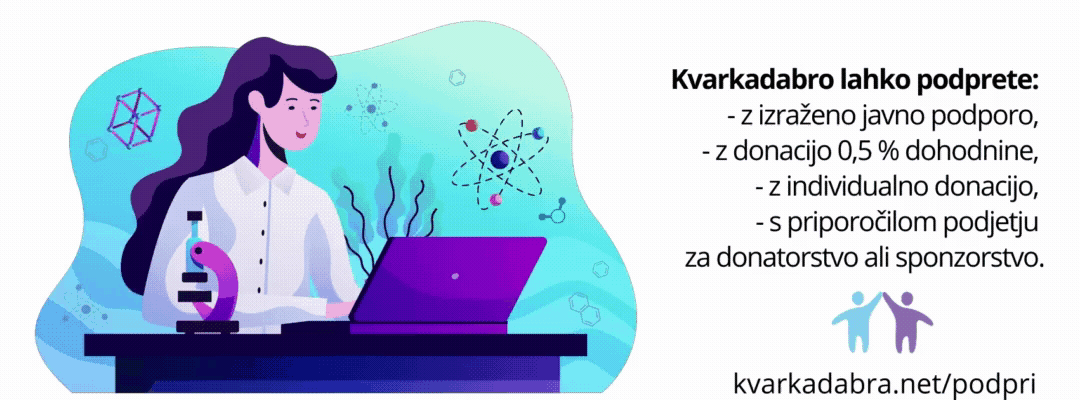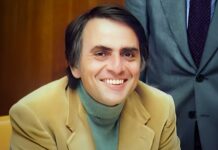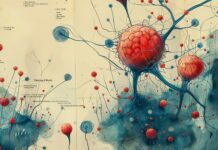Larry Lessig: “Why was he being charged with 13 felonies? His motive was political — obviously. His harm was exactly none — as JSTOR effectively acknowledged. … How many felonies was Martin Luther King, Jr., convicted of? King, whose motives were political too, but who, unlike Aaron, triggered actions which caused real harm (as in physical damage). What’s that number? Zero. And how many was he even charged with in the whole of his career? Two. Two bogus charges (perjury and tax evasion) from Alabama, which an all-white jury acquitted him of. This is a measure of who we have become. And we don’t even notice it. We can’t even see the extremism that we have allowed to creep into our law. And we treat as decent a government official who invokes her family while defending behavior which in part at least drove this boy to his death. … I will always love you, sweet boy. Please find the peace you were seeking. And if you do, please find a way to share that too.” (Vir: Lessig Blog, v2)
AARON SWARTZ: There’s a battle going on right now, a battle to define everything that happens on the Internet in terms of traditional things that the law understands. Is sharing a video on BitTorrent like shoplifting from a movie store? Or is it like loaning a videotape to a friend? Is reloading a webpage over and over again like a peaceful virtual sit-in or a violent smashing of shop windows? Is the freedom to connect like freedom of speech or like the freedom to murder?
AARON SWARTZ: I am going to give you one example of something not as big as saving Congress, but something important that you can do right here at your own school. It just requires you willing to get your shoes a little bit muddy. By virtue of being students at a major U.S. university, I assume that you have access to a wide variety of scholarly journals. Pretty much every major university in the United States pays these sort of licensing fees to organizations like JSTOR and Thomson and ISI to get access to scholarly journals that the rest of the world can’t read. And these licensing fees are substantial. And they’re so substantial that people who are studying in India, instead of studying in the United States, don’t have this kind of access. They’re locked out from all of these journals. They’re locked out from our entire scientific legacy. I mean, a lot of these journal articles, they go back to the Enlightenment. Every time someone has written down a scientific paper, it’s been scanned and digitized and put in these collections.
That is a legacy that has been brought to us by the history of people doing interesting work, the history of scientists. It’s a legacy that should belong to us as a commons, as a people, but instead it’s been locked up and put online by a handful of for-profit corporations who then try and get the maximum profit they can out of it. Now, there are people, good people, trying to change this with the open access movement. So, all journals, going forward, they’re encouraging them to publish their work as open access, so open on the Internet, available for download by everybody, available for free copying, and perhaps even modification with attribution and notice. (Vir. "An Incredible Soul": Larry Lessig Remembers Aaron Swartz After Cyberactivist’s Suicide Before Trial)
Glej tudi: Lenart J. Kučić, Sobotna priloga – Smrt čudežnega dečka interneta








Še dannah boyd: http://www.wired.com/opinion/2013/01/beyond-aaron-swartz-we-dont-need-martyrs-but-changes/